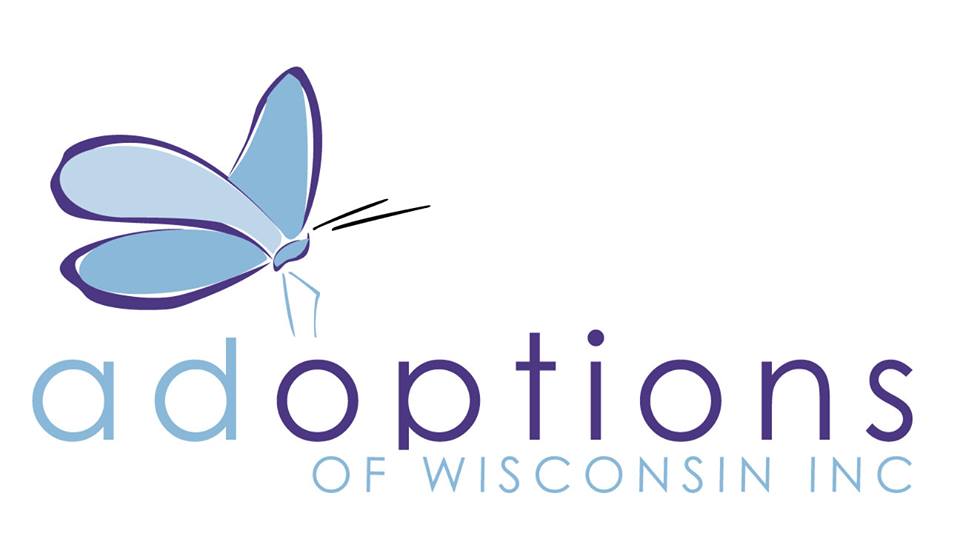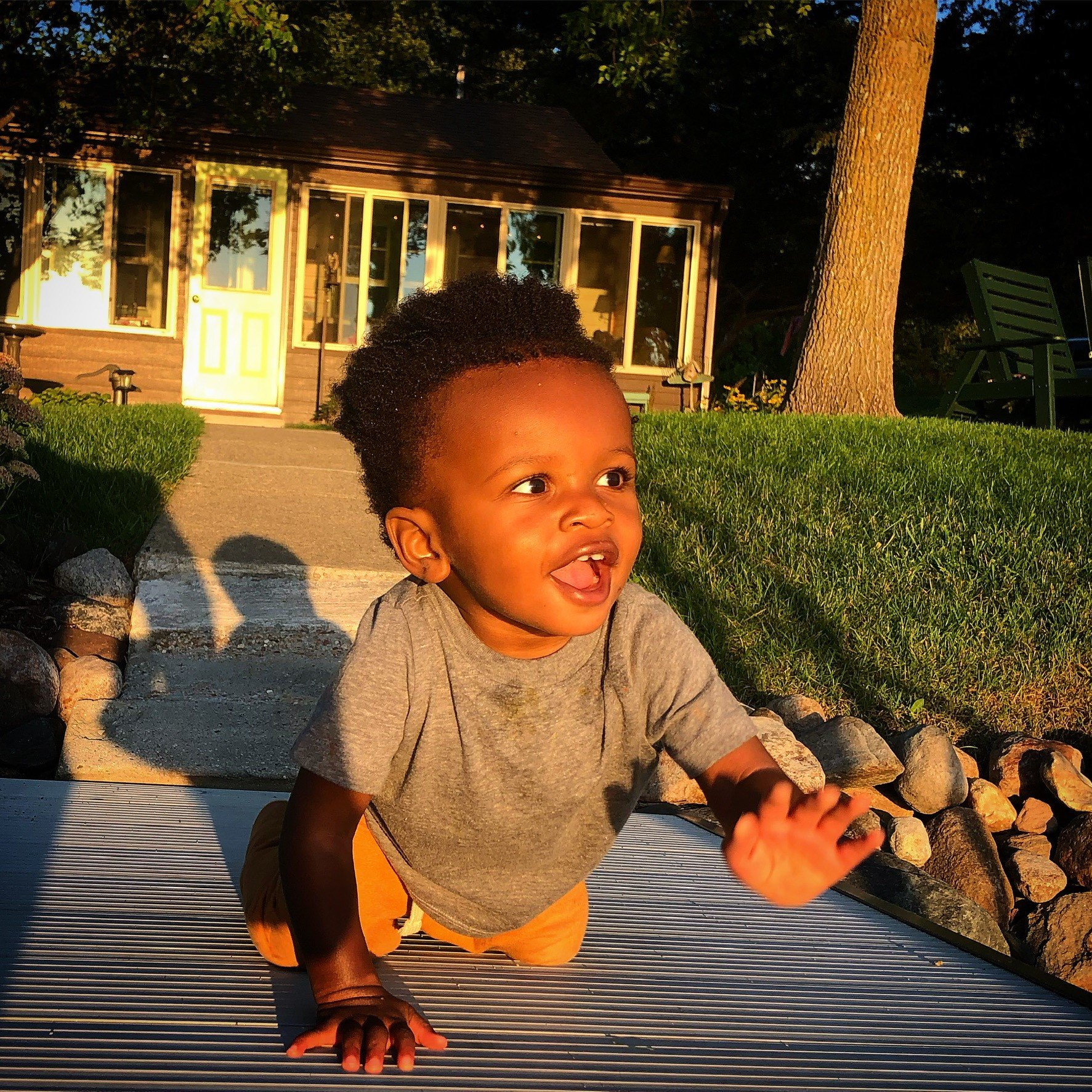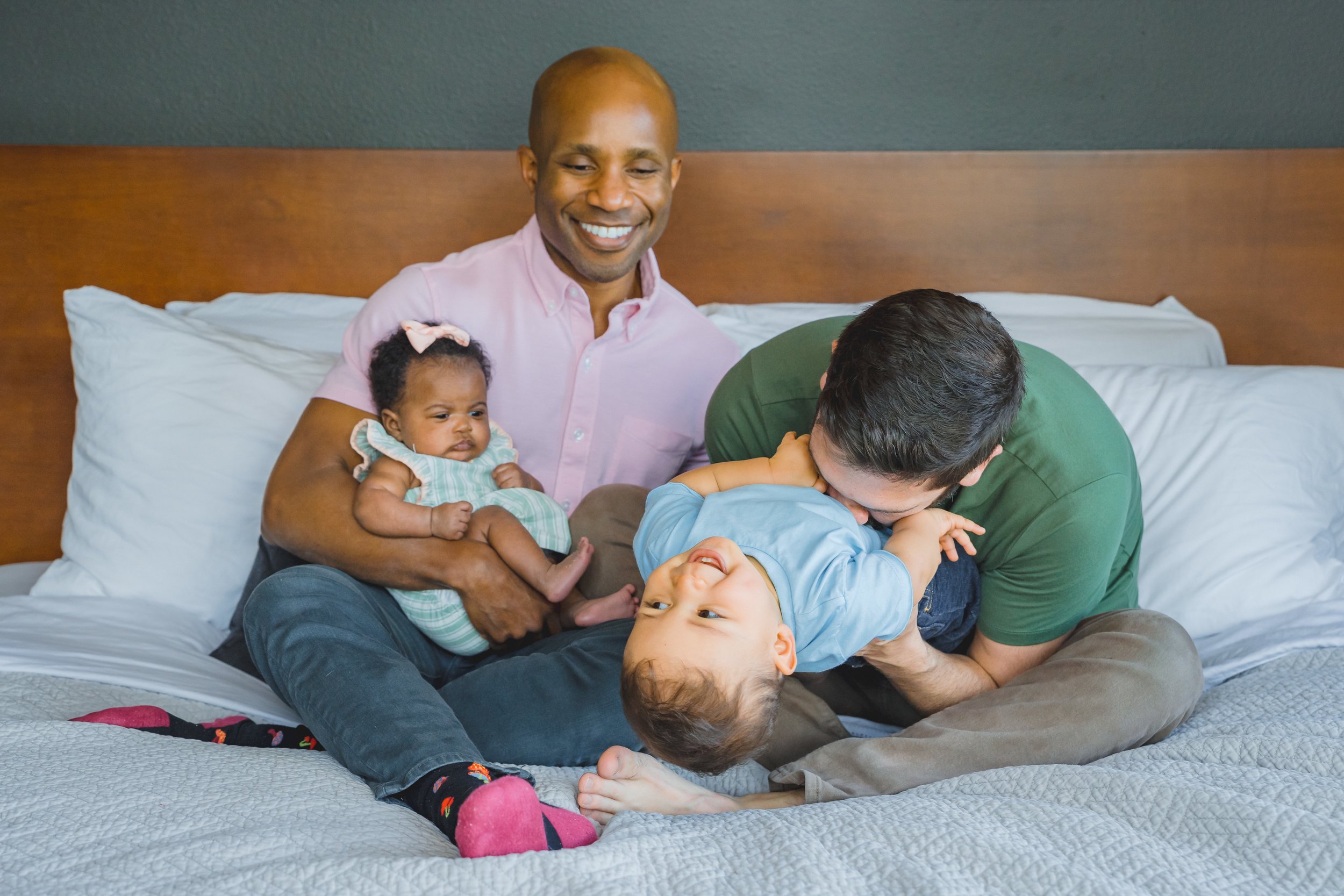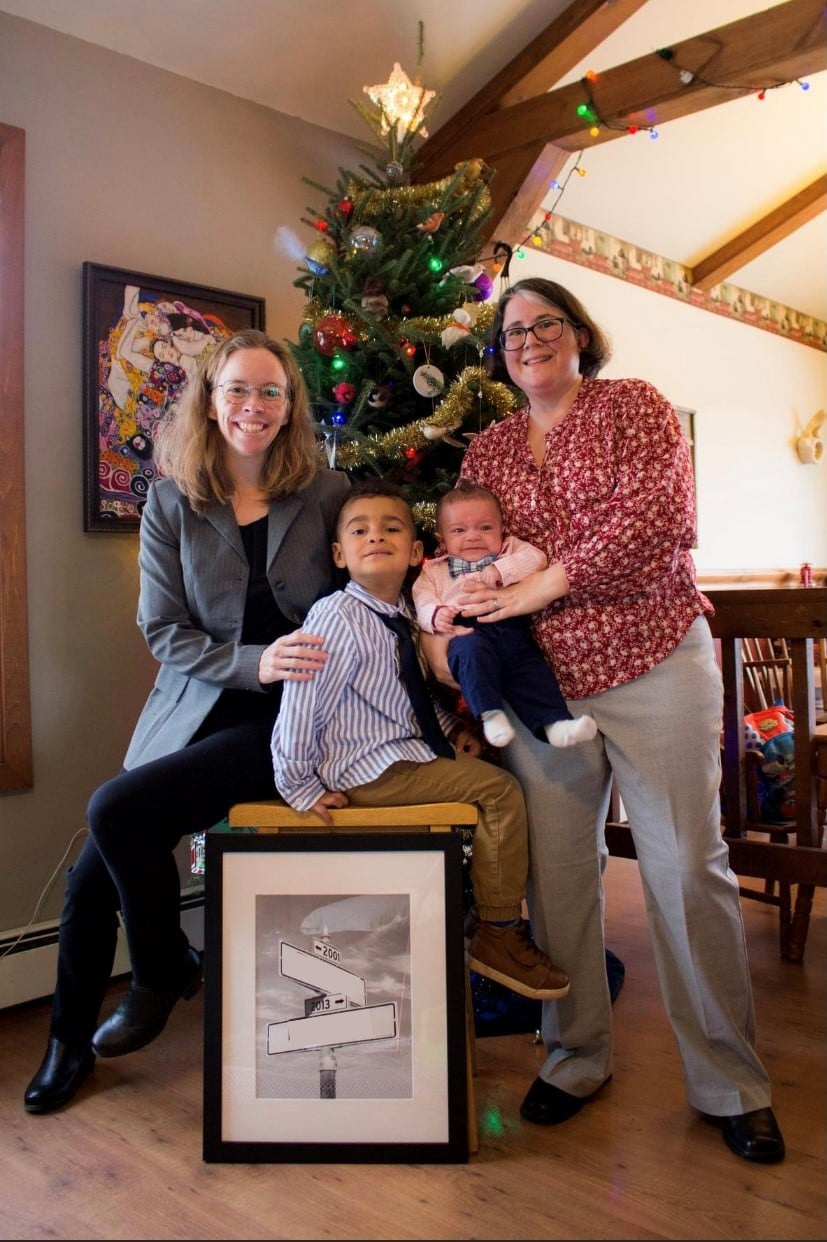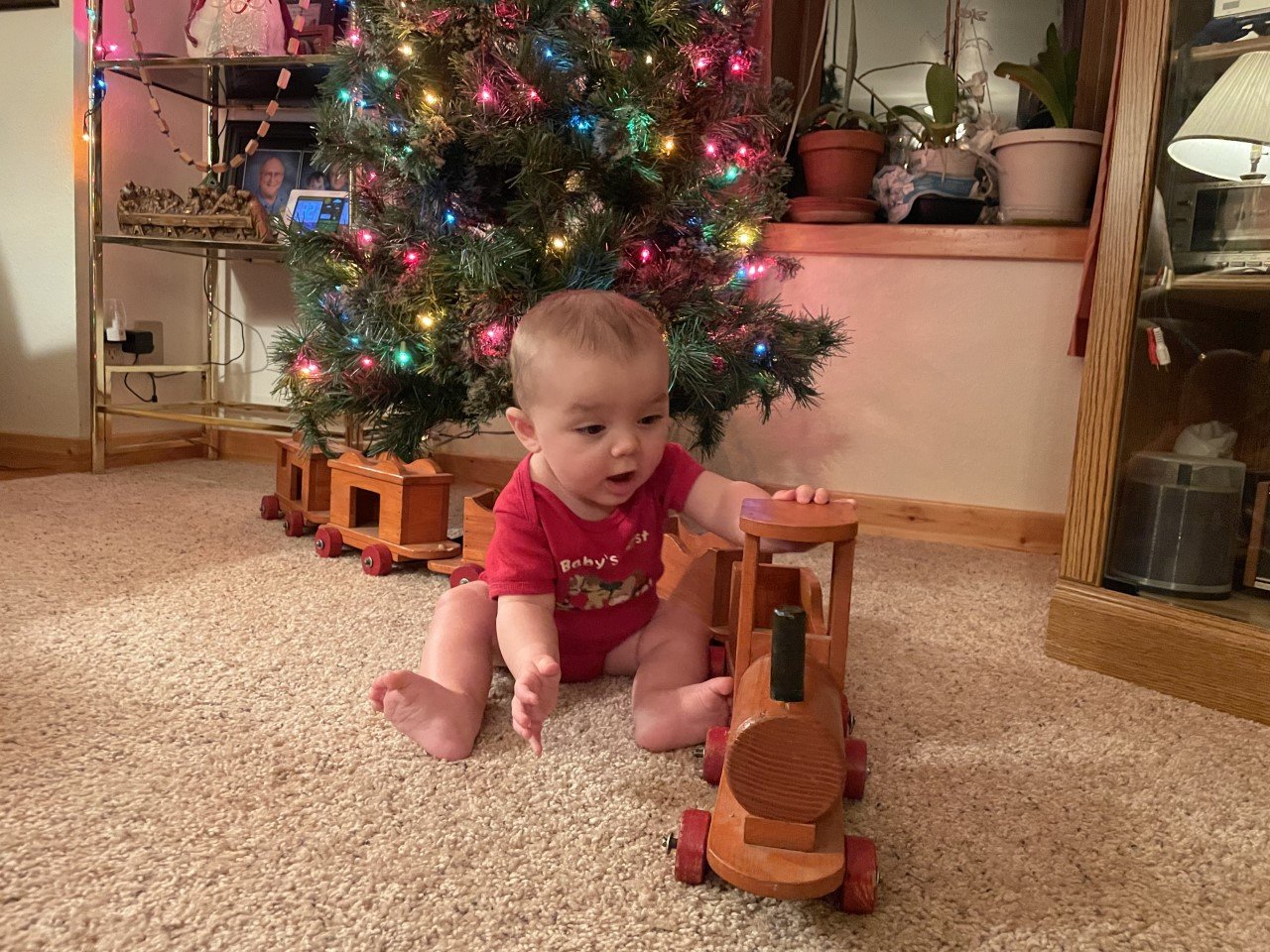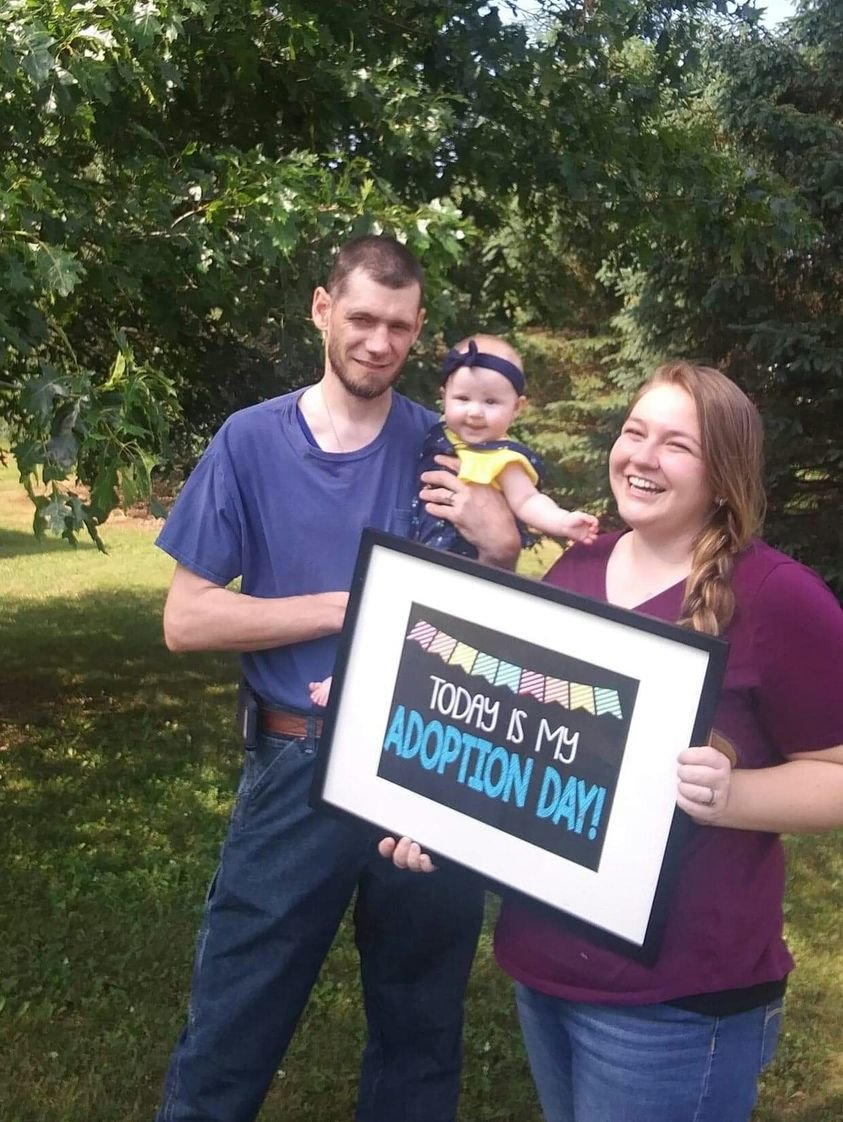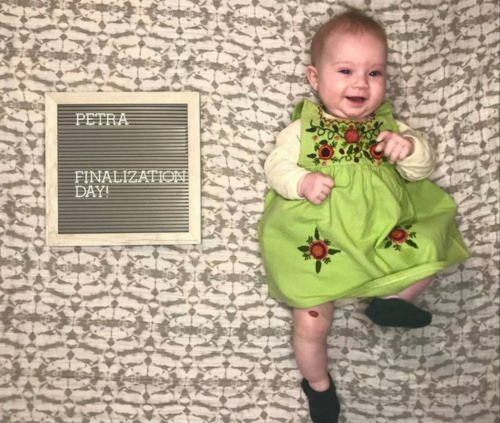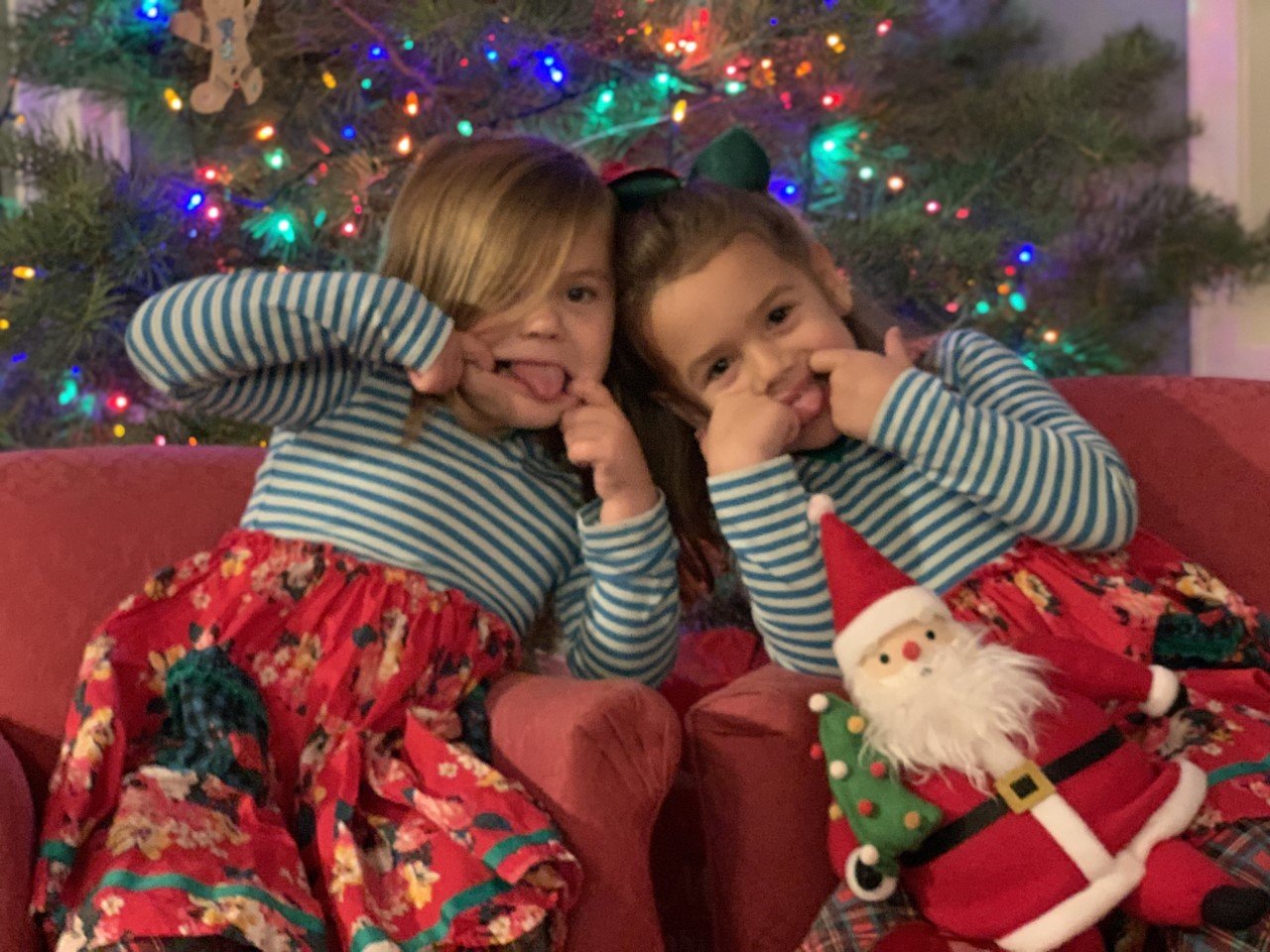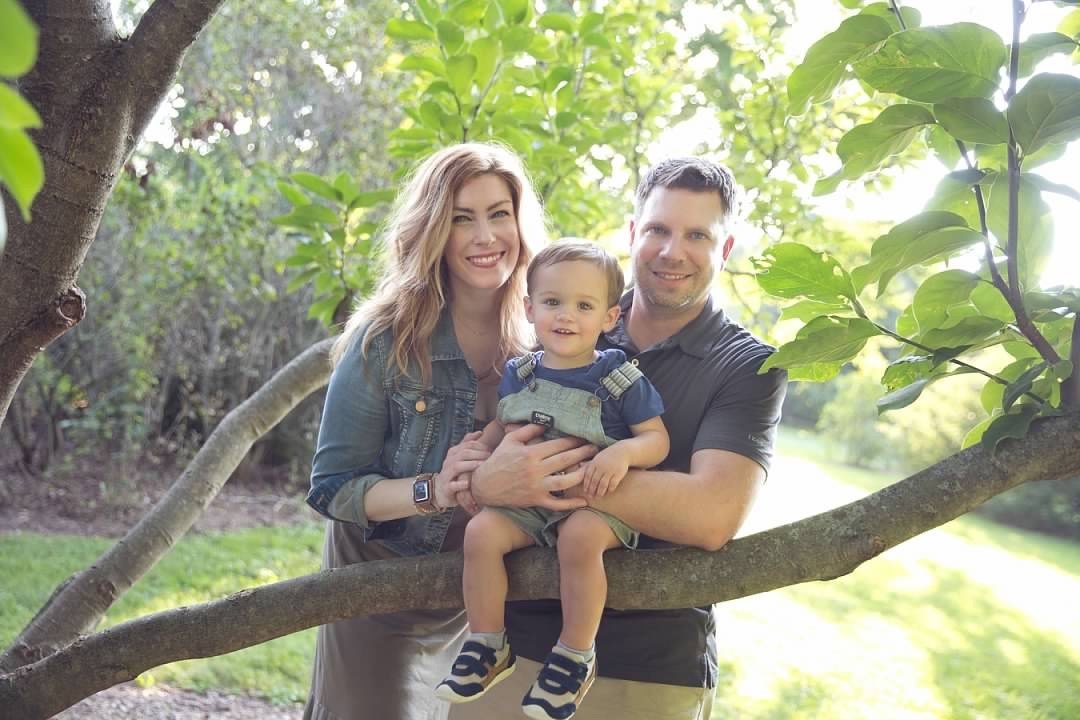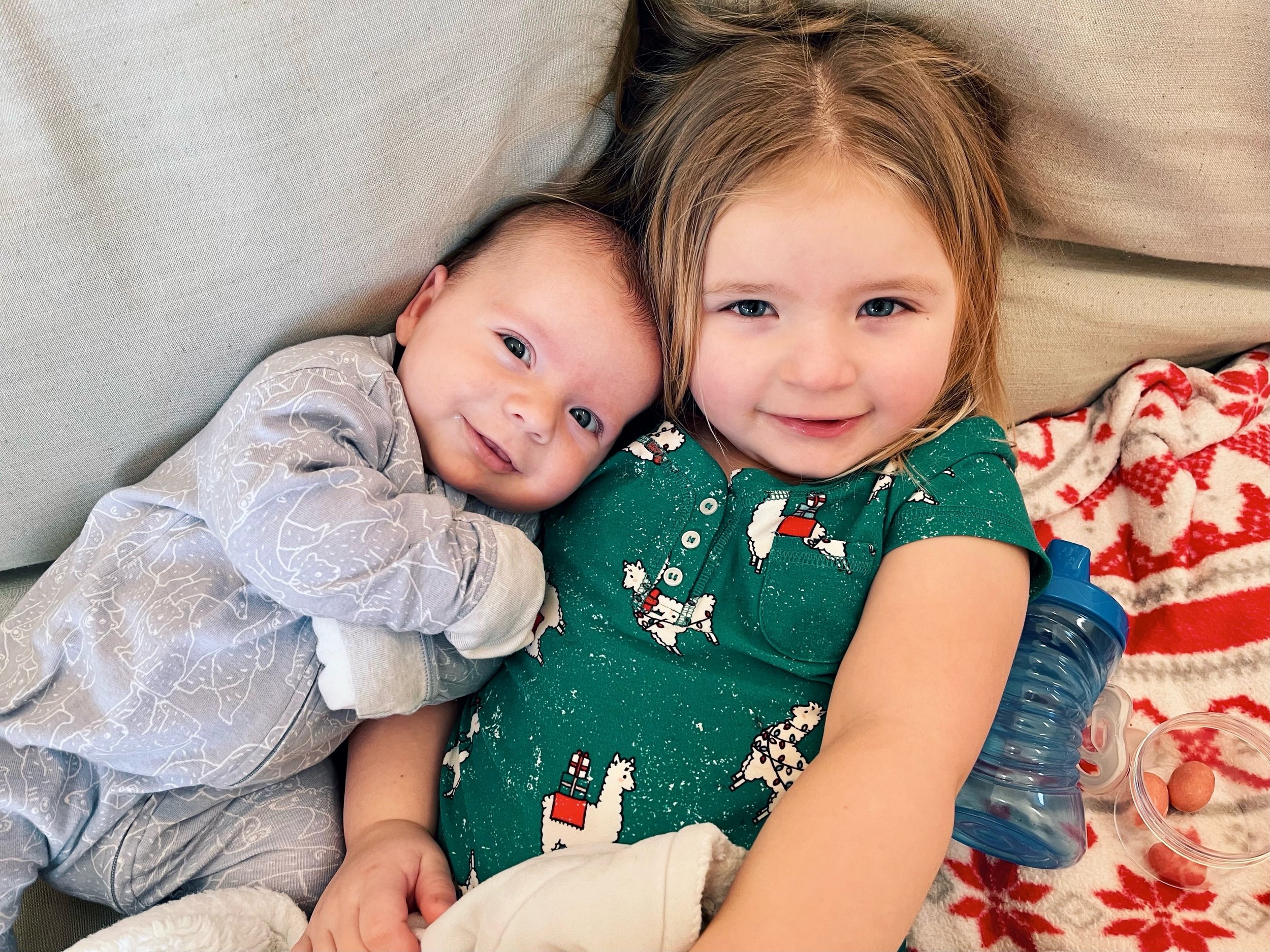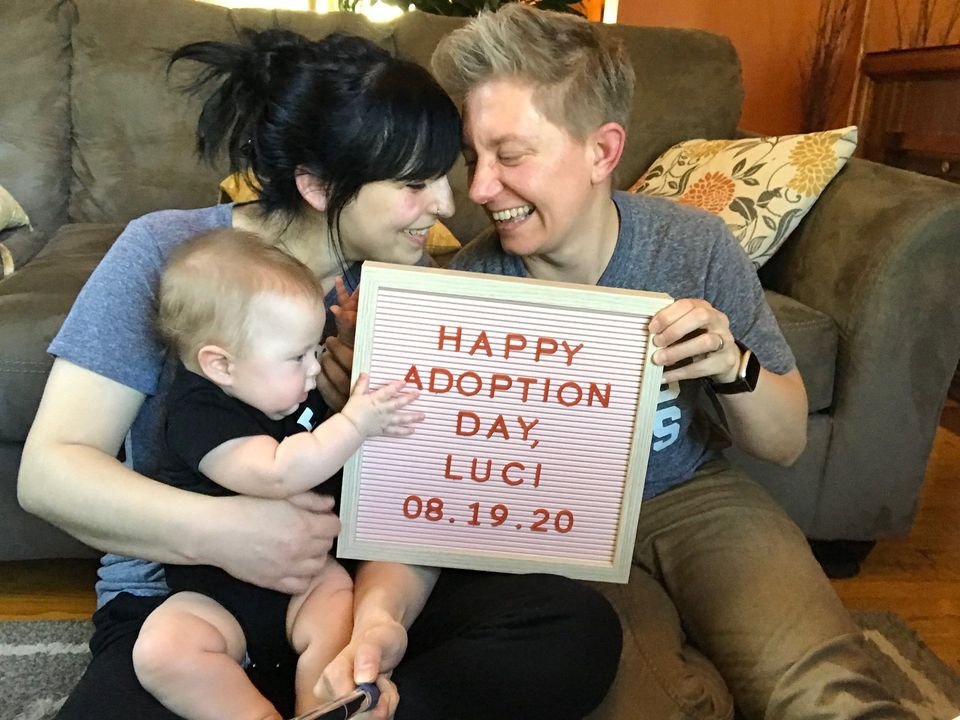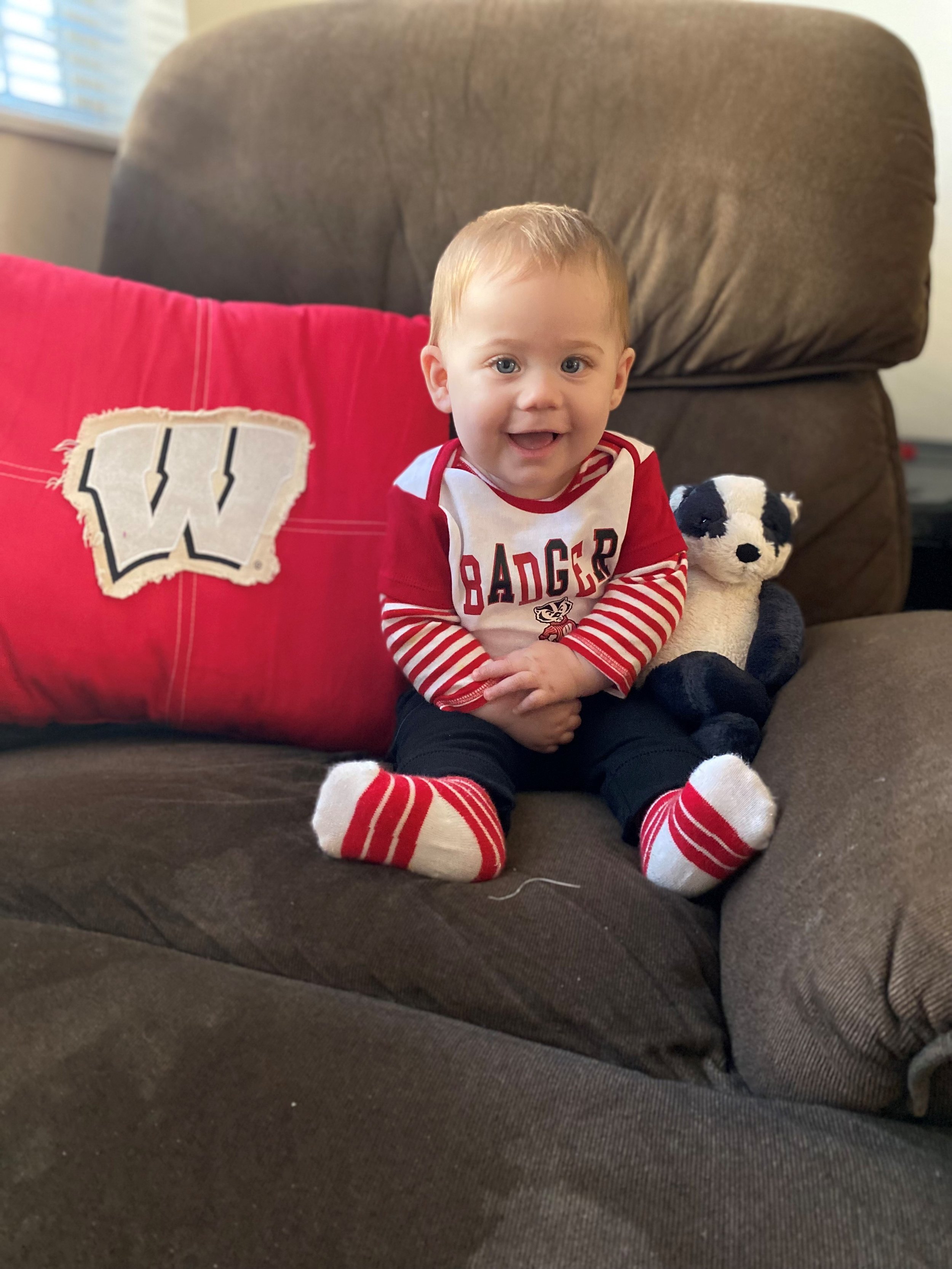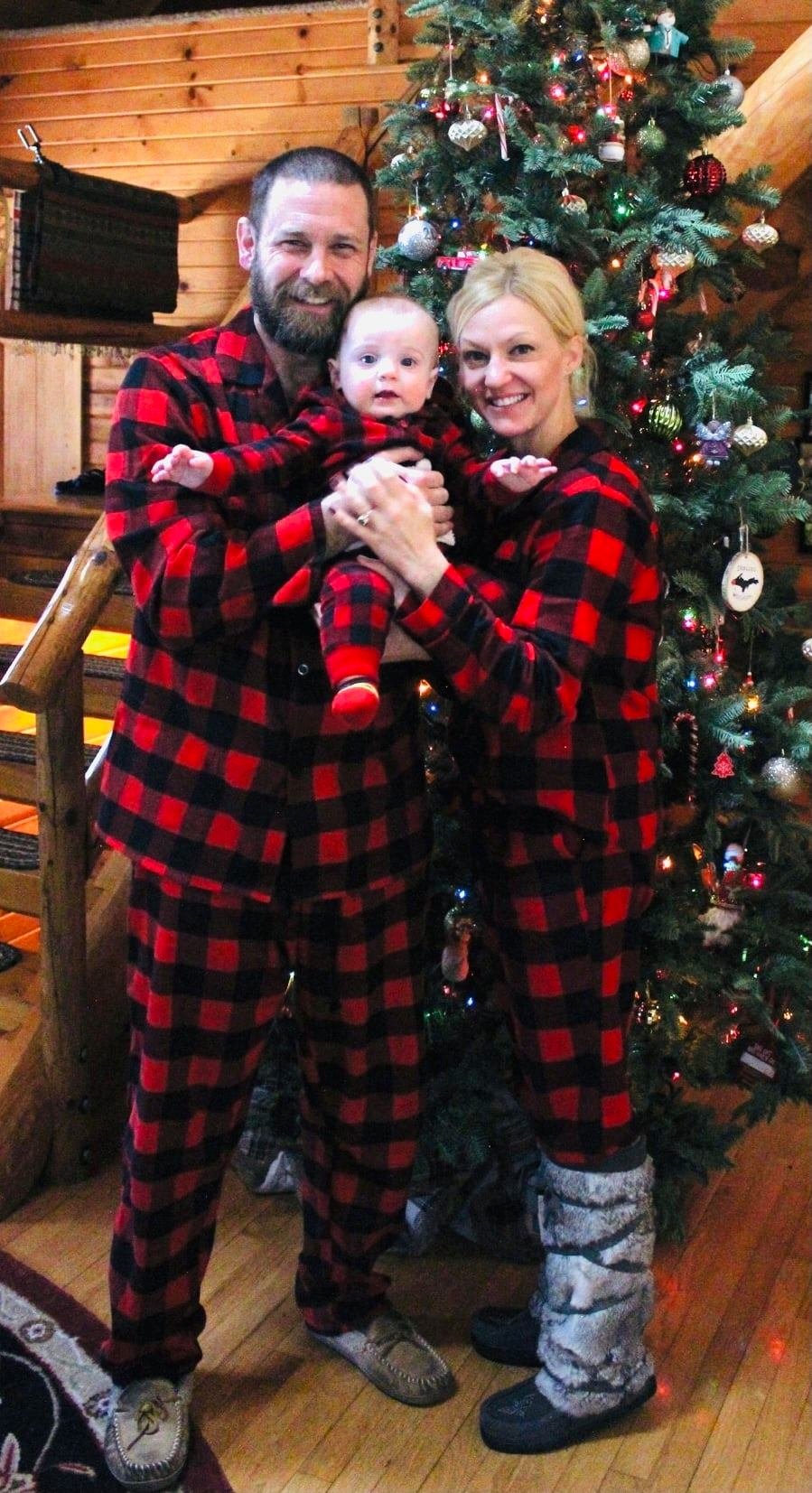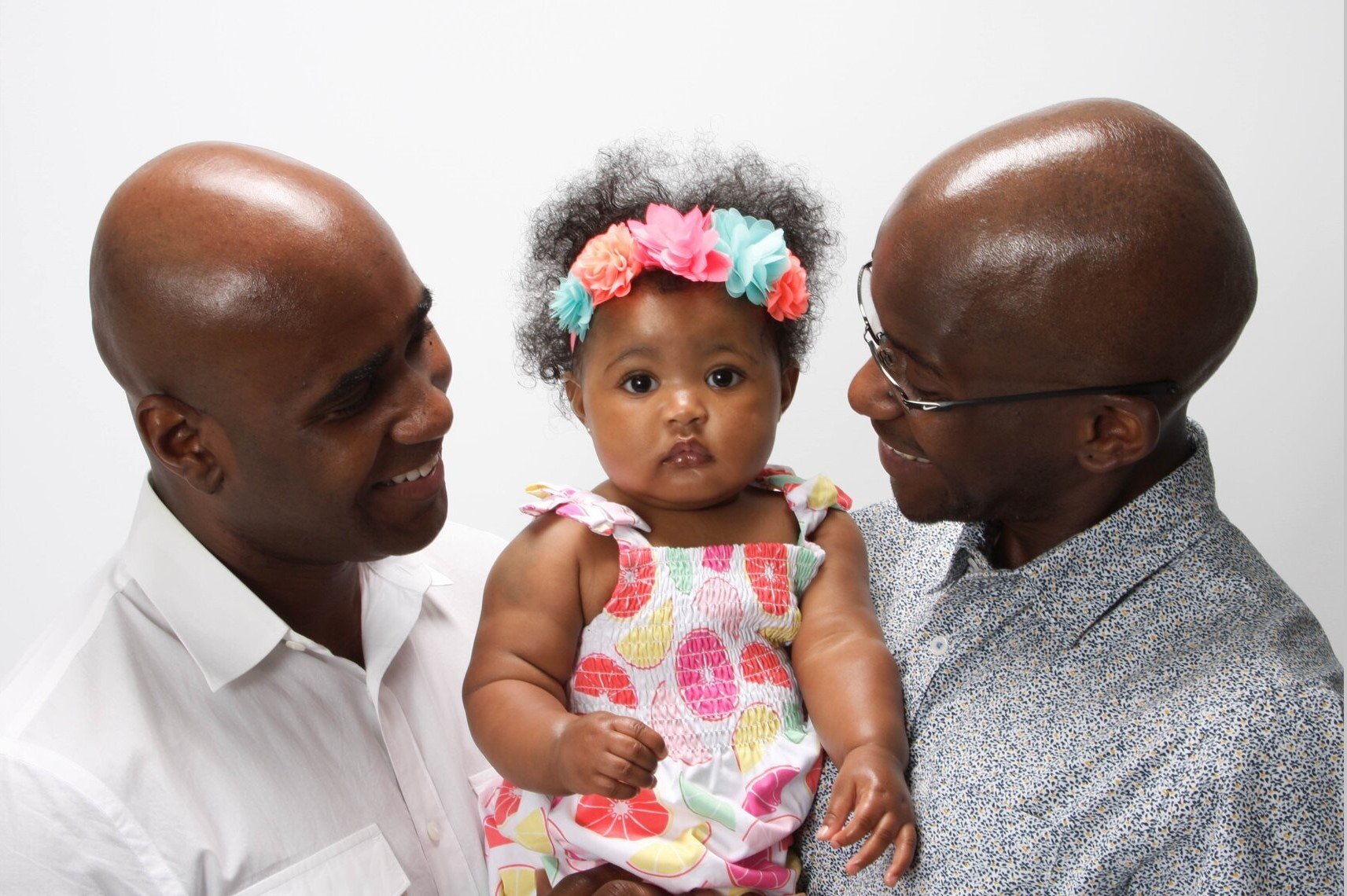Embryo Adoption: What it is, How it Works, and First-Hand Experience
/Embryo adoption is popular with families who are experiencing infertility, but who still want to go through the experience of pregnancy and giving birth. It is also a way for parents whose families are complete to find a home for their unused embryos. There is an estimated surplus of about 1,000,000 unused frozen embryos* in America right now.
Although often referred to as “embryo adoption,” in many states, including Wisconsin, “embryo donation” is more accurate. Wisconsin’s adoption laws do not apply to embryos. However, some licensed adoption agencies also have programs for families seeking unused embryos. Many people prefer the adoption agency model that treats the embryos as children and can provide more structure and safety for the participants.
To begin the process, you will fill out an application with an embryo adoption agency. After you are approved, you can begin the home study process with a social worker in order to prove that you have a stable relationship and have the means to adequately provide for a child. If you are a Wisconsin family, Adoptions of Wisconsin is fully equipped to perform your home study and ready to guide you through this portion of the process. The potential mother must also be medically cleared and likely to be able to carry a child to term.
Like infant adoption, one of the issues considered in matching donating parents with recipient parents is what level of openness the parties desire. They can choose anonymous donation, a more open relationship with shared contact information, or even future contact.
Ownership of the embryos is legally transferred through an embryo donation agreement signed by both the donors and the recipients, with each side represented by an attorney. Unlike infant adoption, there is no need to go to court or to have any judicial involvement.
After the mother is medically cleared and the clinic receives confirmation that the embryo donation agreement has been signed, the adopting parents can proceed with the embryo transfer to the mother’s uterus. Most clinics prefer to transfer one embryo at a time. The reported success rate of pregnancy for embryo adoptions is 50%, with a 40% national birth rate**. If the first transfer does not work and the parents have more embryos, they can make additional transfers. There are, of course, no guarantees as to the health of the embryos.
The recipient parents’ names go on the child’s birth certificate as they would for any other birth. After a successful delivery, many parents decide to continue to grow their family with their remaining embryos.
The embryo adoption process typically costs about $7,500-$19,500* which generally includes home study fees, medical screenings, and embryo transfer.
*https://www.parents.com/parenting/adoption/what-is-embryo-adoption/
**https://www.embryodonation.org/adoption/.
Adoptions of Wisconsin has been privileged to provide home studies for a number of families working with embryo adoption. We asked one of those families some questions about their experience. Here is what they had to say:
How did you find out about embryo adoption? How did you decide that you wanted to pursue this process as a means of growing your family as opposed to others?
We found out about embryo adoption online. We have a past of trying various fertility treatments including IVF. As we were unsuccessful with those, we decided to try domestic adoption. We were on an active family list for about a year and decided to reevaluate our options (continue with domestic adoption, try IVF again, or embryo adoption). We decided to give embryo adoption a try since we had no explained infertility diagnosis.
How did you decide on the embryo adoption/donor agency?
We chose Nightlight’s Snowflake program because they treat embryo adoption like a traditional adoption. We wanted our children to have the option of knowing their genetic family and siblings.
How long did the process take from start to finish? Would you describe it as difficult?
We got through the process very quickly. From the initial consultation to being matched with a donating family is about one month. We already had a completed home study which made the process go a lot quicker. The timeline also depends on how long it takes for a couple to complete paperwork and education requirements.
How did the cost compare to traditional adoption costs?
It is our perception that traditional adoption is more expensive. We paid $9,000 to Nightlight for all of their services. Then paid $6,000 to our fertility clinic for the embryo transfer. The cost for an embryo transfer can vary a lot by clinic. Especially if insurance will cover parts of the medical costs. Here in Wisconsin, it is common to have to pay out of pocket for these fertility services. Obviously once pregnant, health insurance covers medical costs as usual for a pregnancy.
What was the matching process like, and how did you choose your donor?
The Snowflake program matches an adopting family with a donating family. We both have profiles and someone at Nightlight tries to find the best fit. One major factor is how many embryos they are donating and the family size desired by the adopting family. Embryo transfers have a 40% success rate. We would love to have 3-4 children, so we were matched to a couple that was donating 8 embryos.
Once they find a potential match, the donating family is sent the adopting family’s profile. If they agree to the match, their profile is sent to the adopting family to view. If it is a yes by both sides, embryo information is sent to the fertility clinic to ensure that they will accept the embryos for transfer. If all three parties give a yes, it is a successful match.
Do you have an open or closed relationship with the donor family? How did you decide that?
We have an open relationship with our donor family. While we are still developing that relationship, we are connected on social media, send pictures and email often. Since our daughter is a full genetic sibling to their children, it was important to us that she has the opportunity to grow that relationship with them.
With Nightlight, you are unable to have a closed adoption. The degree of openness varies and depends on the adopting and donating families’ wishes. This is one of the matching criteria.
What would you want other families that are in similar situations to yours to know?
Parenthood is challenging but very rewarding. The pathway may not be what you expect. While embryo adoption may not be for everyone, it certainly has worked out for us. We couldn’t be happier with our daughter. She was meant to be ours.
Adoptions of Wisconsin supports family formation in whatever form it may take. For information on how we can help you with your embryo adoption home study, please contact us at info@adoptionsofwisconsin.com.
